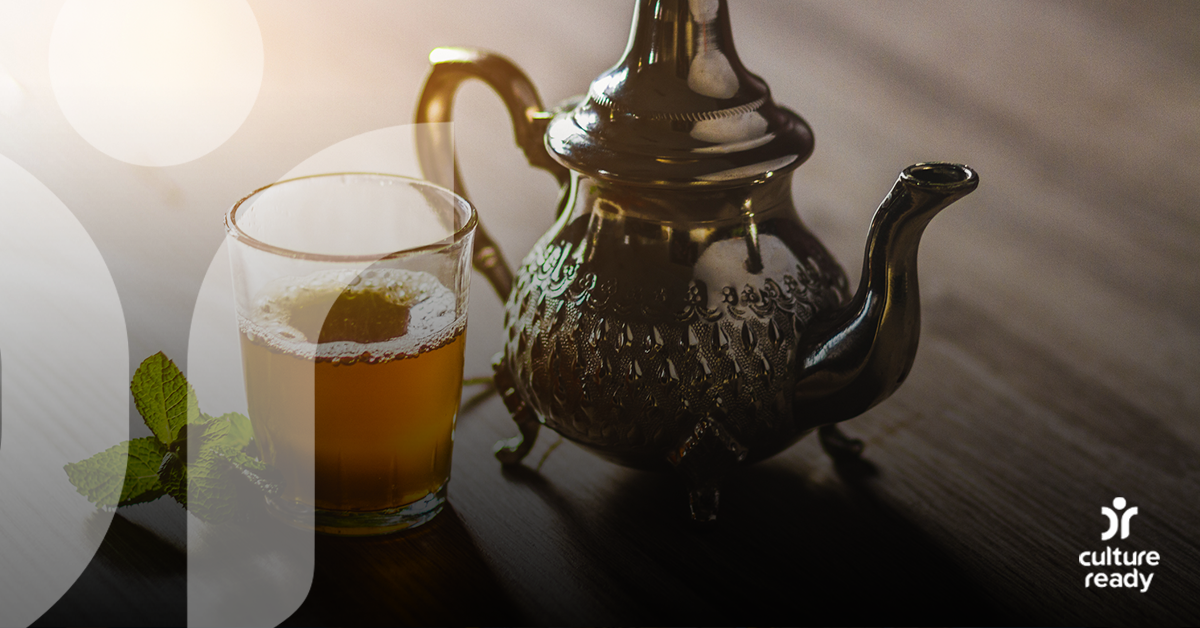How Senegal’s Ataya Tea Ceremony Fosters Friendship
Tea plays an integral role in daily life around the world. The Senegalese tea ceremony, known as ataya or attaya, is no exception. The ceremony, which can take place at any time of the day and last up to three hours, provides people in Senegal with an opportunity to connect with friends and relatives.
The Senegalese make ataya tea from Chinese green tea, mint, and sugar. Participants split the tea ceremony into three different stages. Each stage is said to have cultural symbolism, but its meaning can change based on who is serving the tea. where each cup of tea will have a specific taste.
Lewel is the first stage of the ceremony. During this stage, the host brews green tea in a kettle over hot coals, serves the tea using a small glass, and then pours the tea from glass to glass to create a layer of foam on top. The thicker the foam, the better the tea. This first cup has a strong, bitter taste, which symbolizes the bitter difficulties of growing up.
In the second stage, called naarel, the host adds mint, sugar, and more water to the tea kettle. The same pouring ritual is practiced with the second cup to create a layer of foam. This cup has a sweeter taste, and in some instances, represents the joy of stable family life.
The third stage of tea is the sweetest. In this stage—nettle--a person adds even more sugar and mint to the beverage. Some people believe nettle symbolizes the leisure and wisdom of old age. Another interpretation of the ataya tea ceremony is that the stages represent friendship and how relationships become sweeter over time.
Recent surveys found more than 80% of the adult population in Senegal regularly participates in ataya tea ceremonies. Apart from the social benefits of spending quality time with loved ones, studies show a high concentration of fluoride in green tea prevents dental disease.
Learn More:
Learn About Senegal's Tea Ceremony
The Secrets of Senegal's Ataya Tea Ceremony
